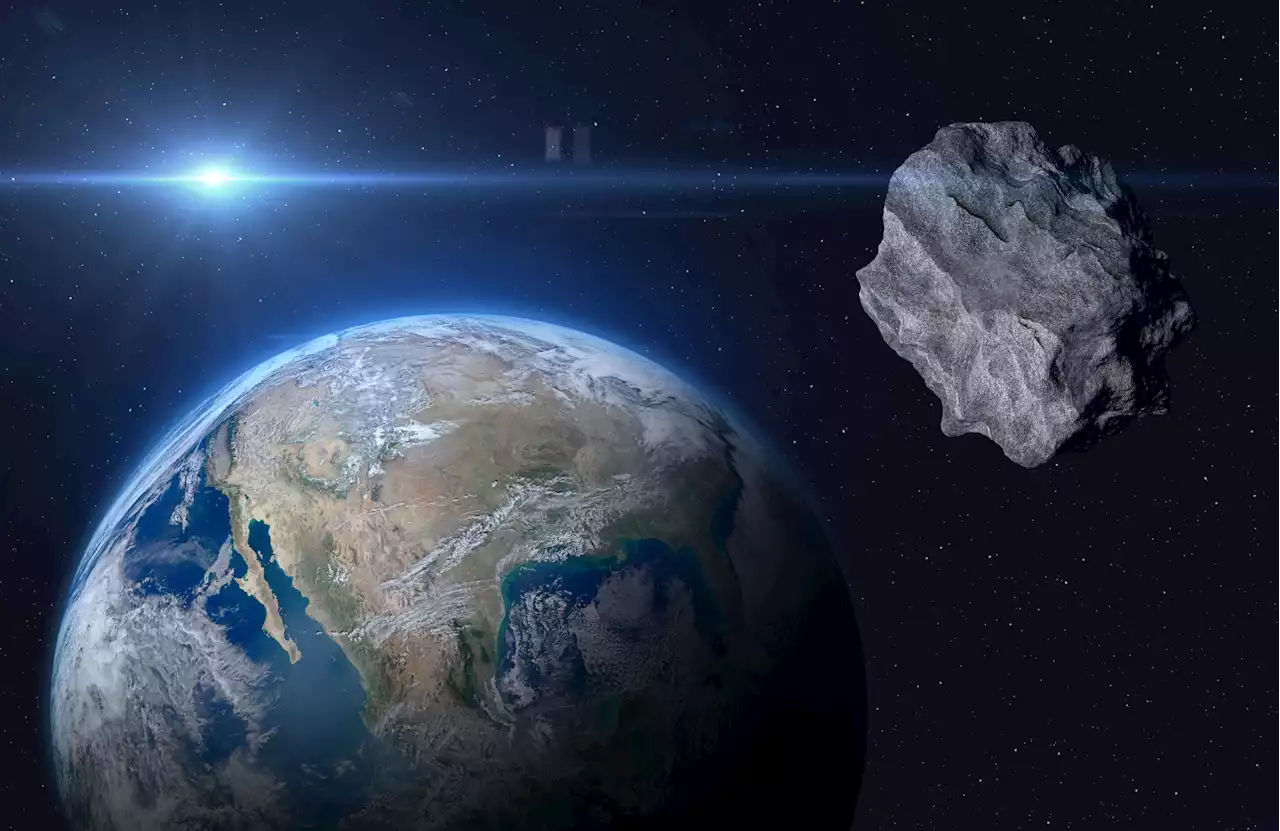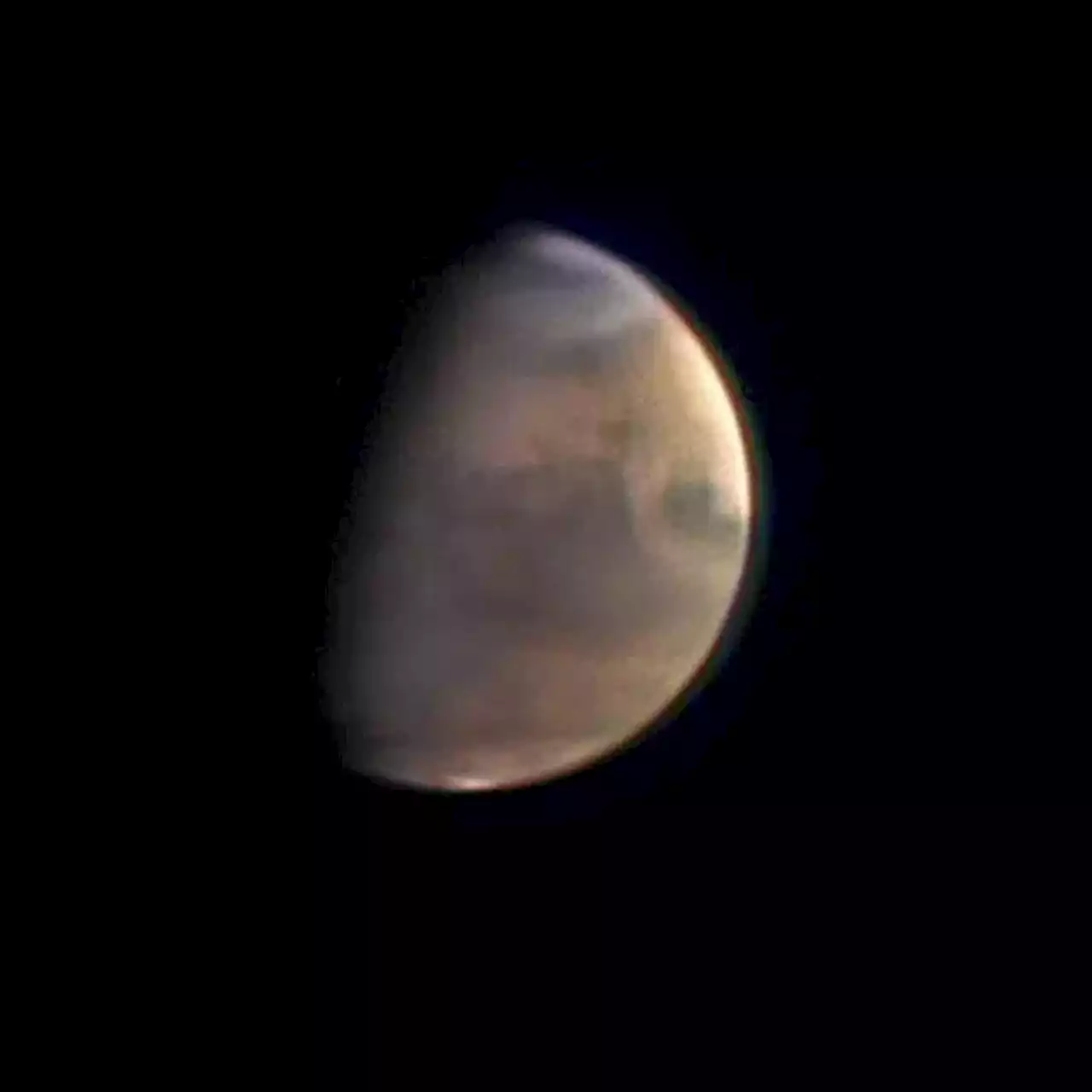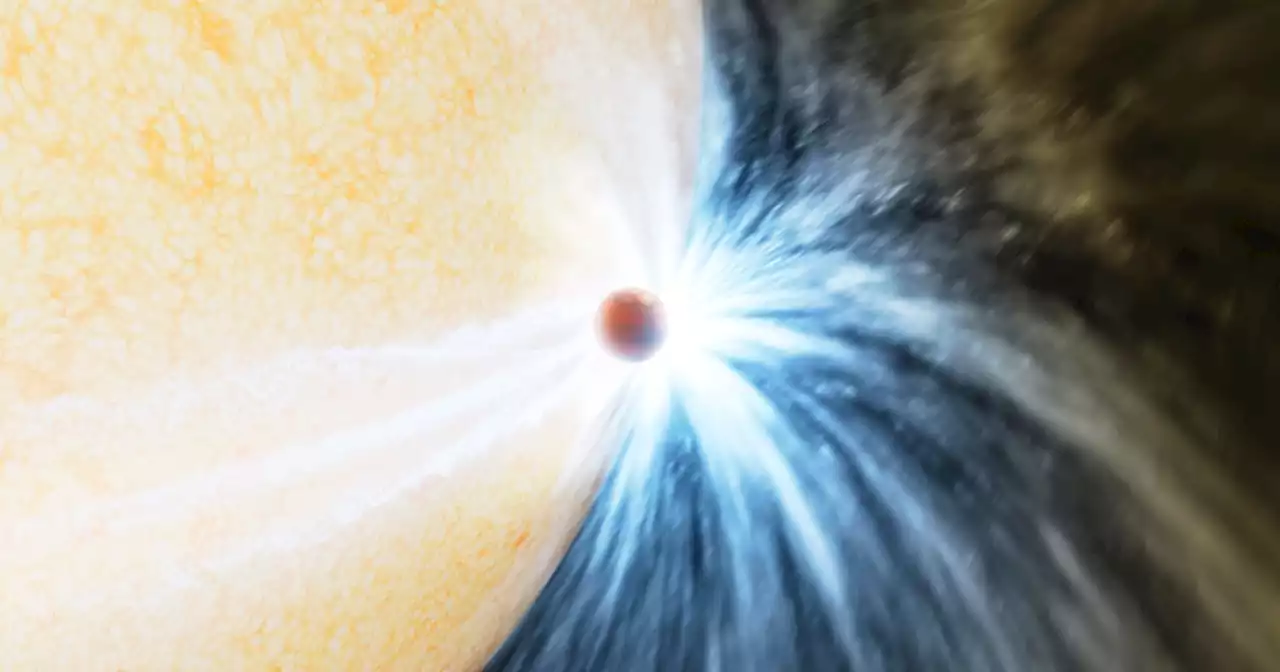For the first time, scientists have caught a star in the act of swallowing a planet.
Astronomers on Wednesday reported their observations of what appears to be a gas giant at least the size of Jupiter being eaten by its star, shown in this illustration.For the first time, scientists have caught a star in the act of swallowing a planet — not just a nibble or bite, but one big gulp.
This galactic feast happened between 10,000 and 15,000 years ago near the Aquila constellation when the star was around 10 billion years old. As the planet went down the stellar hatch, there was a swift hot outburst of light, followed by a long-lasting stream of dust shining brightly in cold infrared energy, the researchers said.
Given a star’s lifetime of billions of years, the swallow itself was quite brief — occurring in essentially one fell swoop, said Caltech’s Mansi Kasliwal, who was part of the study.
Indonesia Berita Terbaru, Indonesia Berita utama
Similar News:Anda juga dapat membaca berita serupa dengan ini yang kami kumpulkan dari sumber berita lain.
 Four plane-sized asteroids approaching Earth this weekendThree of the asteroids are due to fly by our home planet at distances of around 4 million miles, while one will approach nearly as close as the moon.
Four plane-sized asteroids approaching Earth this weekendThree of the asteroids are due to fly by our home planet at distances of around 4 million miles, while one will approach nearly as close as the moon.
Baca lebih lajut »
 Scientists Successfully Transmit Space-Based Solar Power to Earth for the First TimeCaltech's recent breakthrough has moved us closer to achieving the transformative potential of space-based solar power.
Scientists Successfully Transmit Space-Based Solar Power to Earth for the First TimeCaltech's recent breakthrough has moved us closer to achieving the transformative potential of space-based solar power.
Baca lebih lajut »
 Private Ax-2 Astronauts Reflect on Seeing Earth From Space for the First TimeThe four-person crew landed back on Earth earlier this week after completing a 10-day mission on board the ISS.
Private Ax-2 Astronauts Reflect on Seeing Earth From Space for the First TimeThe four-person crew landed back on Earth earlier this week after completing a 10-day mission on board the ISS.
Baca lebih lajut »
 First-of-its-kind Mars livestream by ESA spacecraft interrupted at times by rain on EarthA European spacecraft around Mars sent its first livestream from the red planet to Earth on Friday to mark the 20th anniversary of its launch, but rain in Spain interfered at times.
First-of-its-kind Mars livestream by ESA spacecraft interrupted at times by rain on EarthA European spacecraft around Mars sent its first livestream from the red planet to Earth on Friday to mark the 20th anniversary of its launch, but rain in Spain interfered at times.
Baca lebih lajut »
 First-of-its-kind Mars livestream by ESA spacecraft interrupted at times by rain on EarthA European spacecraft around Mars sent its first livestream from the red planet to Earth on Friday to mark the 20th anniversary of its launch, but rain in Spain interfered at times.
First-of-its-kind Mars livestream by ESA spacecraft interrupted at times by rain on EarthA European spacecraft around Mars sent its first livestream from the red planet to Earth on Friday to mark the 20th anniversary of its launch, but rain in Spain interfered at times.
Baca lebih lajut »
 First-of-its-kind Mars livestream by ESA spacecraft interrupted at times by rain on EarthA European spacecraft around Mars has sent its first livestream from the red planet to Earth to mark the 20th anniversary of its launch. But rain in Spain interfered at times. The European Space Agency broadcast the livestream Friday of Mars Express. It took nearly 17 minutes for each picture to reach Earth, nearly 200 million miles away, and another minute to get through the ground stations. The transmission was disrupted at times by weather in Spain, home to the deep space-relay antenna. ESA says live footage from so far away is rare.
First-of-its-kind Mars livestream by ESA spacecraft interrupted at times by rain on EarthA European spacecraft around Mars has sent its first livestream from the red planet to Earth to mark the 20th anniversary of its launch. But rain in Spain interfered at times. The European Space Agency broadcast the livestream Friday of Mars Express. It took nearly 17 minutes for each picture to reach Earth, nearly 200 million miles away, and another minute to get through the ground stations. The transmission was disrupted at times by weather in Spain, home to the deep space-relay antenna. ESA says live footage from so far away is rare.
Baca lebih lajut »
